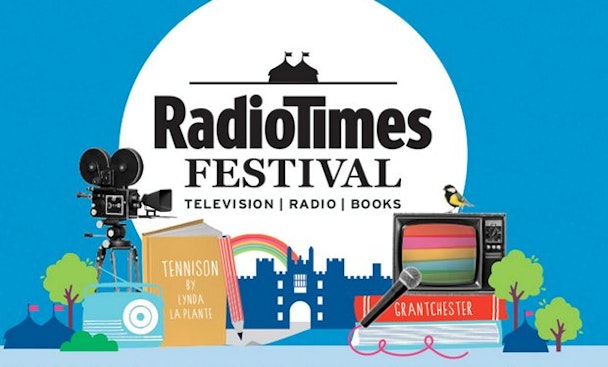Are festivals the magazine industry's great revenue hope?
If festivals seem passé, then nobody told the magazine industry.

Earlier this month, magazine industry body the PPA held its annual magazine festival in Edinburgh while next month free title Stylist is hosting its Stylist Live festival. Last weekend, it was the turn of the inaugural Radio Times Festival, a four-day jamboree set in the verdant environs of Hampton Court Palace.
Radio Times magazine was flogged off to private equity company Exponent four years ago, as the BBC’s commercial arm, BBC Worldwide, decided that magazines were not central to its business.
The sale to Exponent included a mix of outright title sales, licensing and contracts agreements, such as Top Gear, which has meant that ties between Exponent’s magazine arm Immediate Media and BBC have had to be maintained.
These ties appeared very evident at the festival and one could easily be forgiven for thinking that Radio Times was still a BBC property.
The roll-call of speakers was like a who’s who of BBC talent: Sir David Attenborough, Bruce Forsyth, Andrew Marr, David Walliams, Paul Hollywood and Robert Peston.
Housed in the festival grounds was a BBC Shop (selling Doctor Who and Clangers merchandise) and CBeebies and BBC Experience tents.
Other broadcasters were in evidence, just not as prominent. ITV had its own tent while Channel 4’s Jon Snow was a speaker, albeit interviewed by the BBC’s Justin Webb.
Magazines tend to come under the spotlight every six months, when the press give them a kicking for falling print sales.
But Radio Times would appear to be onto a good thing with its festival: ticket sales (from £6 children’s tickets to £75 VIP tickets to hear Attenborough) were high with thousands attending and the event got substantial pick up in the national press: The Daily Mail, Daily Mirror and the Sun were amongst those who ran stories from the event.
The stories which emanated from the festival, such as Bruce Forsyth’s opinions on the future of BBC channels, was helped by audience Q&A.
Presumably, the Radio Times brand was enough to pull in the speakers in to talk for free, or no more than a nominal sum.
Despite no longer carrying the sheen of a BBC-owned title, the Radio Times, which makes up around 60 per cent of Immediate Media’s profits, is still a formidable force and its star interviews are often picked up across the broader media.
Like The Daily Mail and its Mail Online offshoot, the Radio Times magazine and website target an older and younger demographic. Both were in evidence at the festival.
Time Inc UK chief executive Marcus Rich recently remarked that the magazines are a “burning platform”.
If Radio Times can pull in the calibre of speaker for future festivals then it would appear that it has found a platform for future revenue growth.
John Reynolds is a freelance journalist. He tweets @joneddyreynolds
